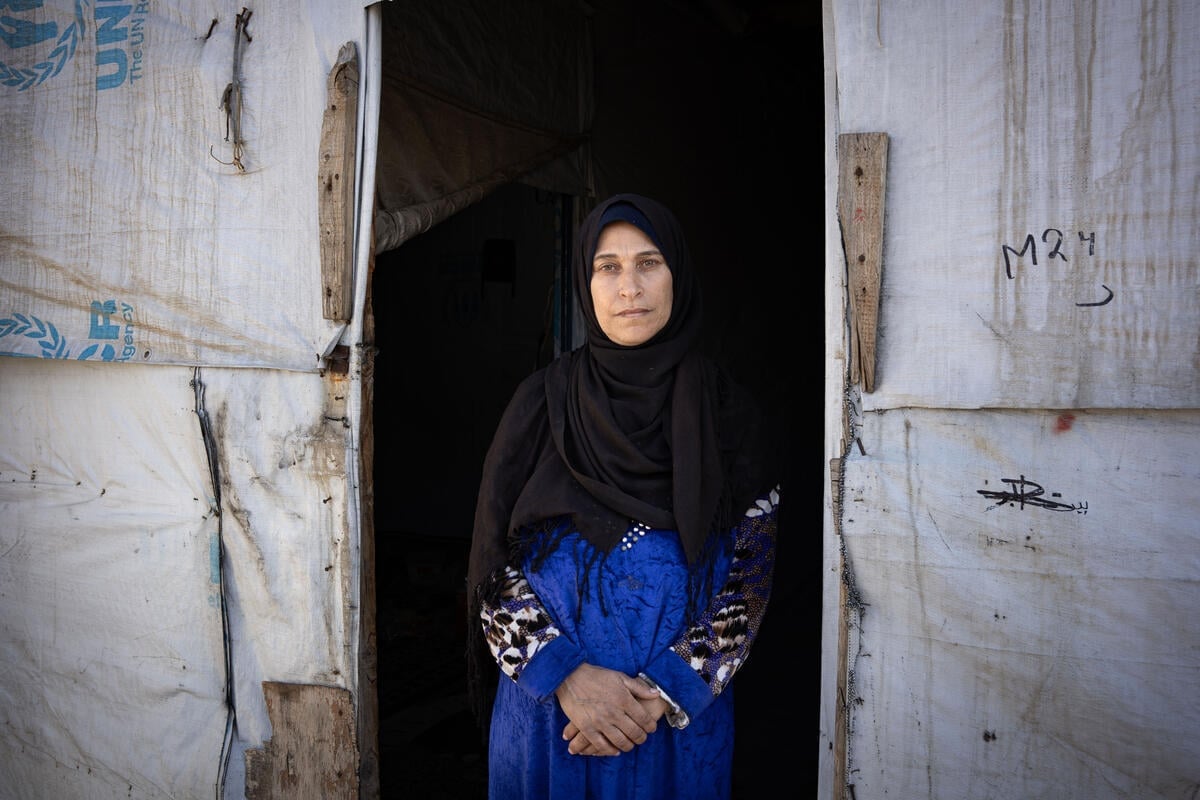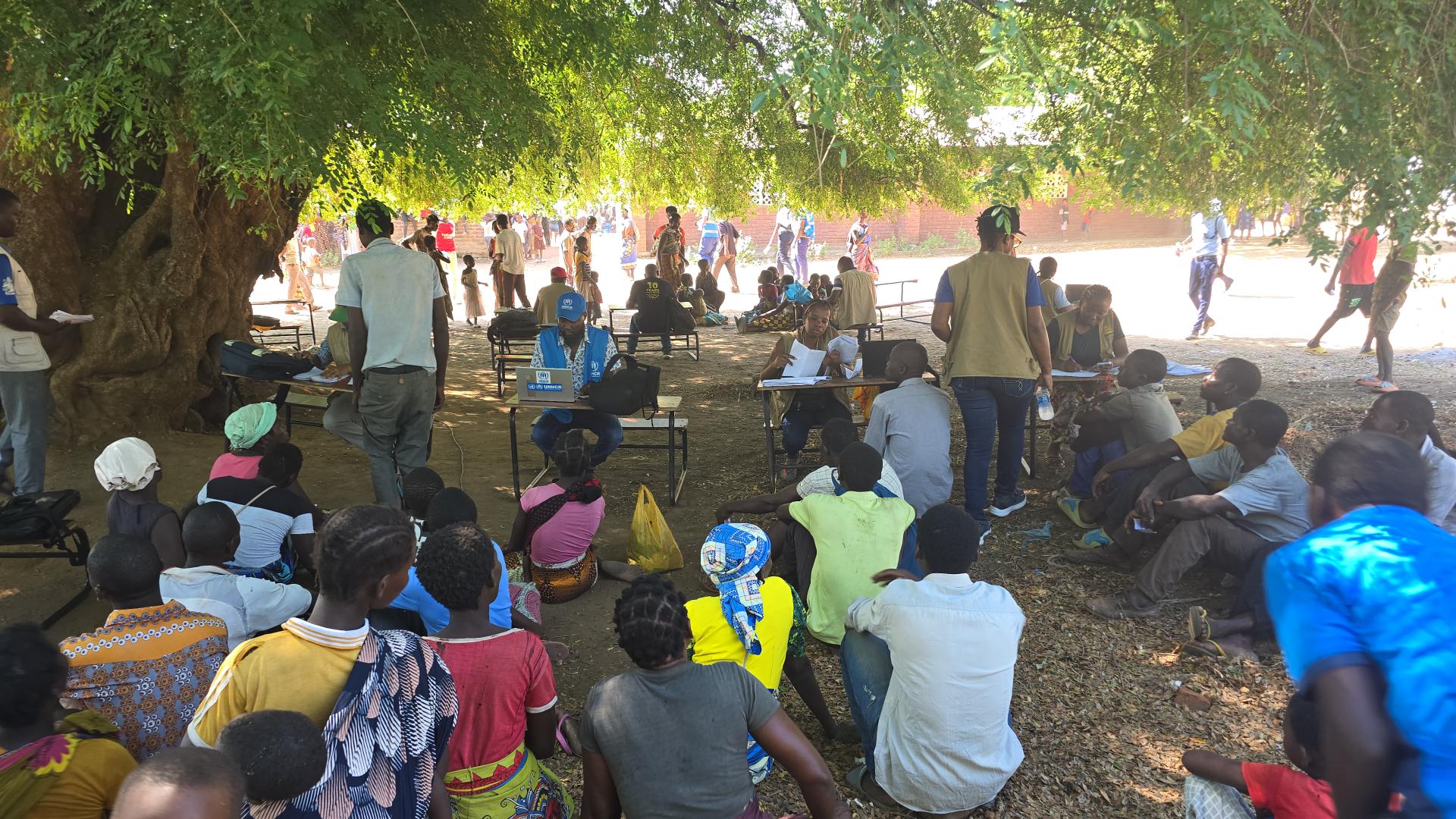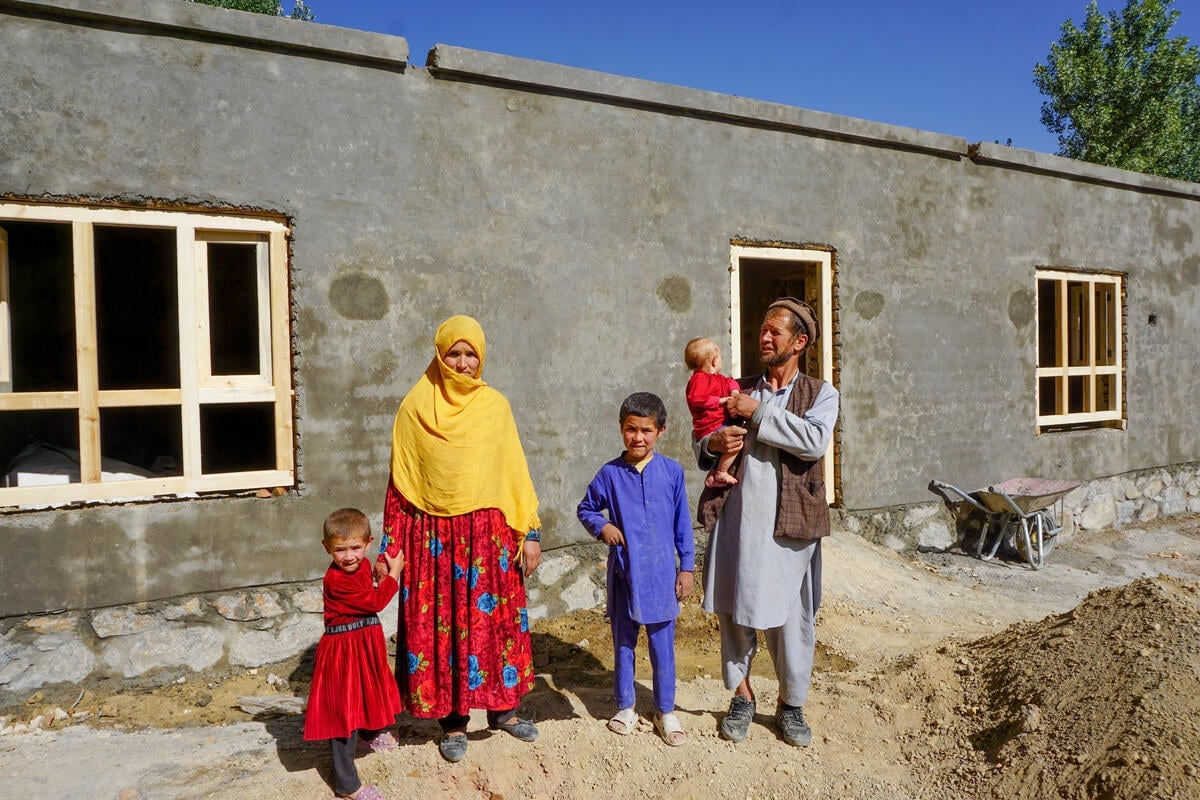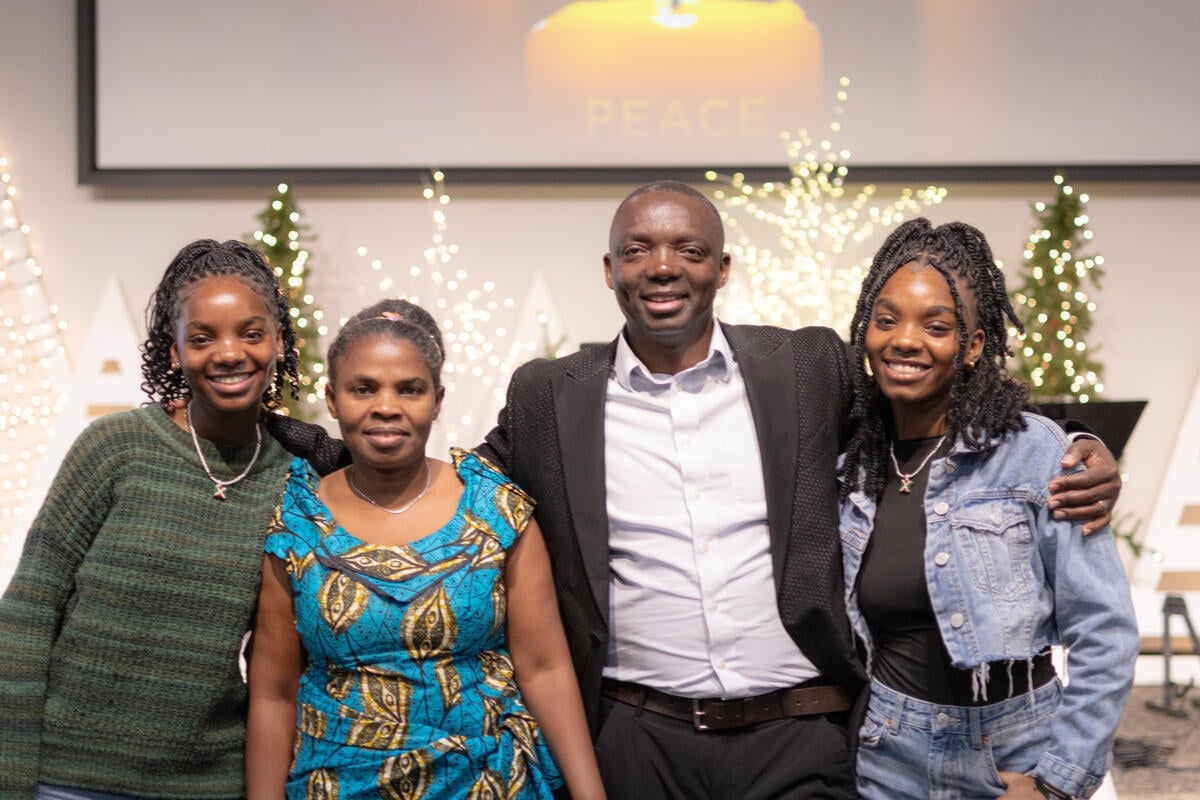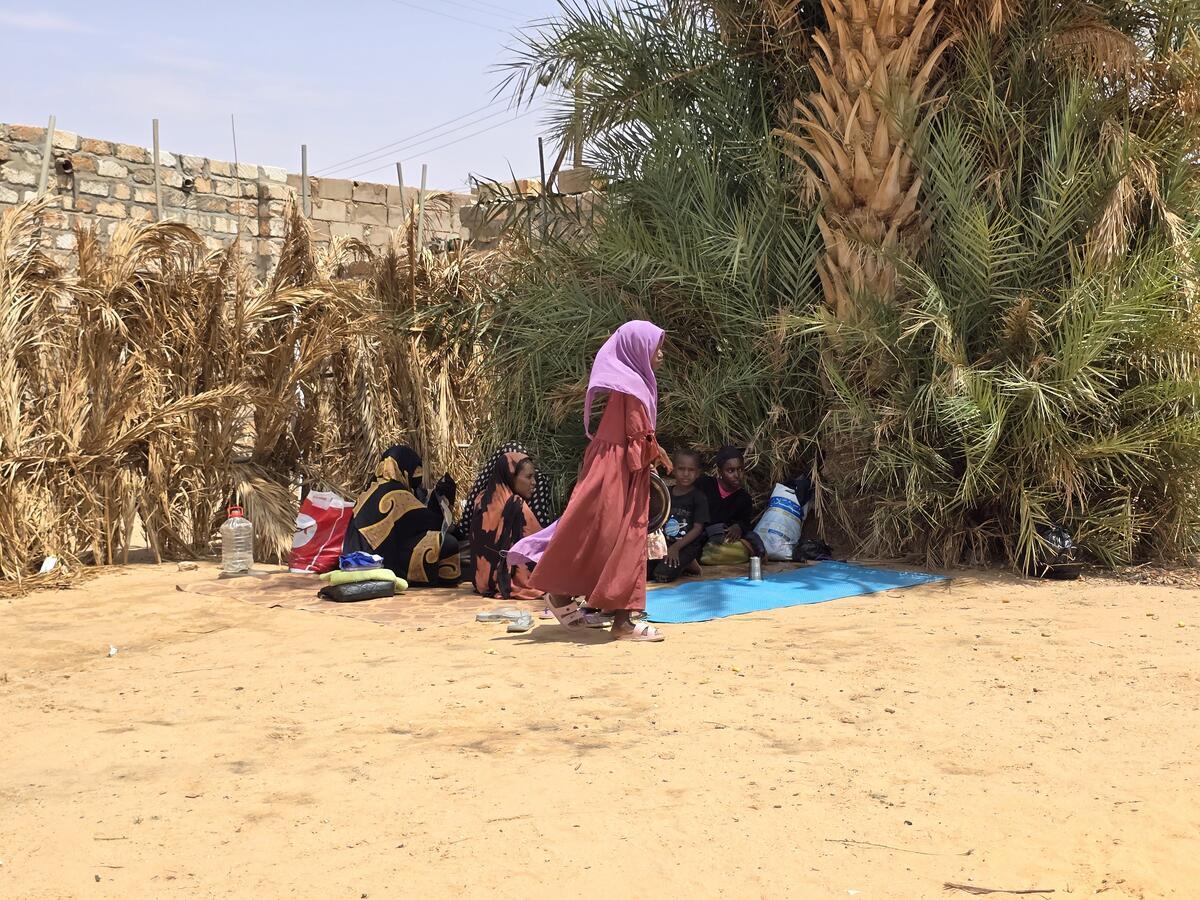Holding on to her belief in humanity: the story of an Afghan women’s rights activist
Samira Rasooli was only 10 years old when she decided that she would get herself educated despite all hurdles. After school, she pursued law as she was inspired by the women lawyers who were fighting to give young Afghan girls like her a better chance in this world. The legal education she received set her on her journey as a women’s rights activist in Afghanistan with the NGO, Intelligent Youth Social and Civil Organization in Kabul.
Already a young mother at the time, she persisted with the support of her family. She along with her colleagues led protests for equal opportunities and organized literacy drives to make women self-reliant.
After making significant progress in Kabul, Samira and her colleagues moved to Baghlan province in Afghanistan to help rural women. In Baghlan, new challenges emerged where they could not work openly, pushing women to adapt to newer ways. They would always wear a burqa to hide their identities and hold meetings in secret, fearing retaliation. “It was difficult, but we were able to convince families to send their daughters to school, encouraged them to reject child marriage, and allow young women to work,” Samira recalls.
“It was a challenging time for us. We were often harassed by men and sometimes women themselves accused us of misleading them. My family received several threats from local Taliban members calling our work unislamic. But nothing prepared me for what happened next,” says Samira.
One day, while Samira was on her way to intervene and stop a child marriage, she was stabbed in abdomen by two assailants on a motorbike. Despite being seriously injured, she could not be taken to hospital fearing another attack. This incident prompted Samira to seek asylum elsewhere, fearing for the safety and well-being for her family. Her pursuit for safety led her to India.
By the time Samira eventually reached India she was suffering from depression, anxiety, and insomnia. Samira’s life in India was not any easier. She struggled to find housing, employment, and education for their children. Due to lack of government recognized legal documentation in India, she found it difficult to get timely access to healthcare services.
After spending five years in India, Samira moved to Canada as part of their programme for human rights defenders. She now attends English classes with her husband while her children have already made friends in their school.
The support Samira received in India through UNHCR empowered her to live with dignity and hope for a better future, until she found a solution.
Samira shares her gratitude and believes that UNHCR’s work recognizes the efforts of people like her who put their lives at risk to support others. “We have to help each other as humans; if I stand up for a woman today, someone would surely stand up for my daughter when the time comes,” says Samira as she gears up towards restarting her activism once again.





